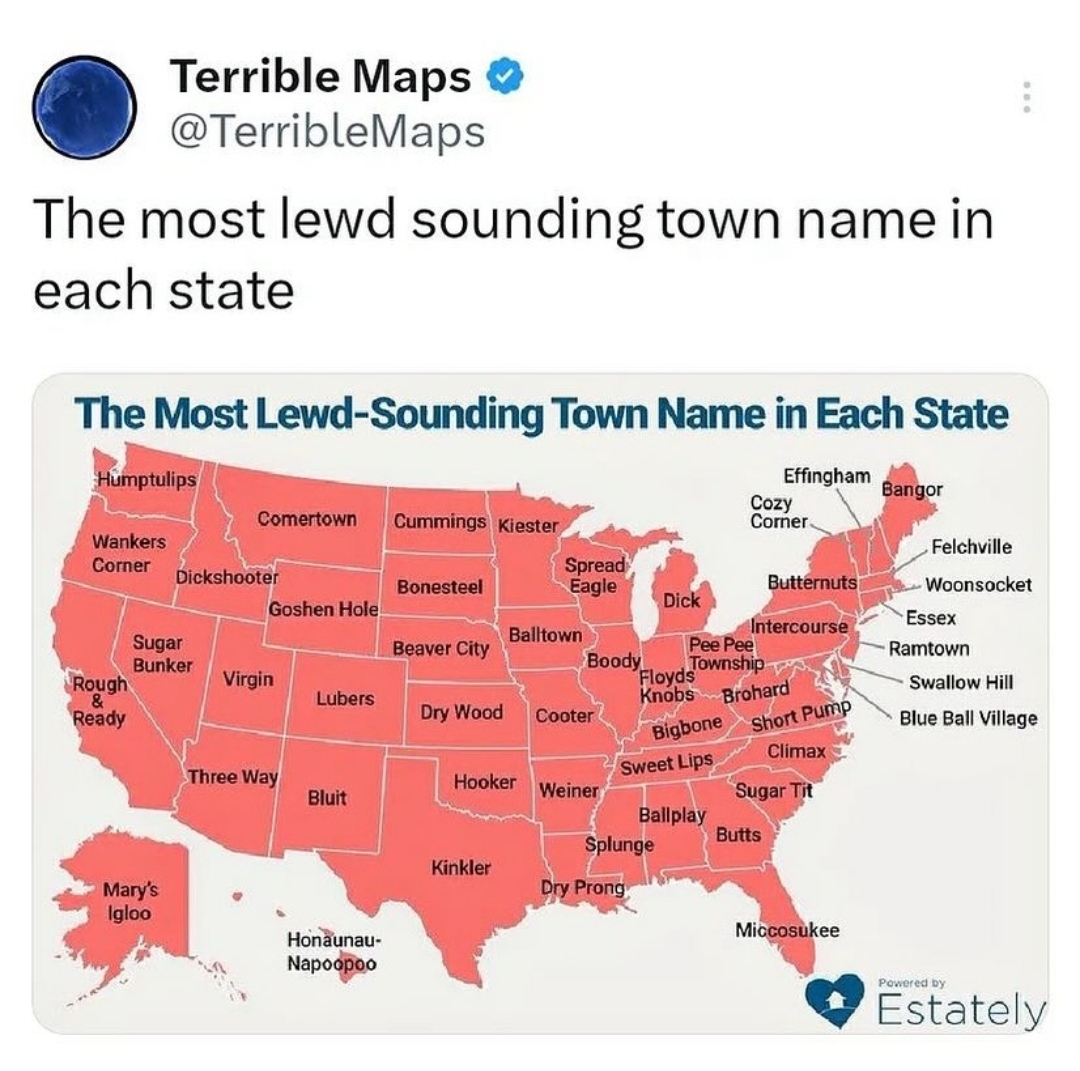this post was submitted on 04 Dec 2023
344 points (100.0% liked)
196
16735 readers
30 users here now
Be sure to follow the rule before you head out.
Rule: You must post before you leave.
founded 2 years ago
MODERATORS
you are viewing a single comment's thread
view the rest of the comments
view the rest of the comments

Napo'opo'o isn't 'Na poo poo'
That makes perfect sense
Americans understand glottal stops challenge (improbable 💪)
We use them all the time but we're generally unaware of it. Like in "uh-oh".
That's leaving aside that Hawaiians ARE Americans, thanks to the Dole fruit company.
"HOE-NOW-NOW NAH-POO-POO"
Right.
Leaving out the ʻokina and kahakō changes the sound significantly. The ʻokina represents a glottal stop, the sound in the middle of "uh-oh". In Hawaiian, it's a letter of the alphabet. The kahakō (macron, the horizontal line over a vowel) means the vowel is long - as in pronounced for a beat longer. What we call long and short vowels in English should be considered different vowels because they are different sounds.
Hōnaunau-Nāpōʻopʻo
Is
Hohh nah oo nah oo Nahh pohh ohp oh
It's hard to transcribe, I hope that's of interest to someone. He haumana a ʻōlelo Hawaiʻi au. I'm still early in my learning.